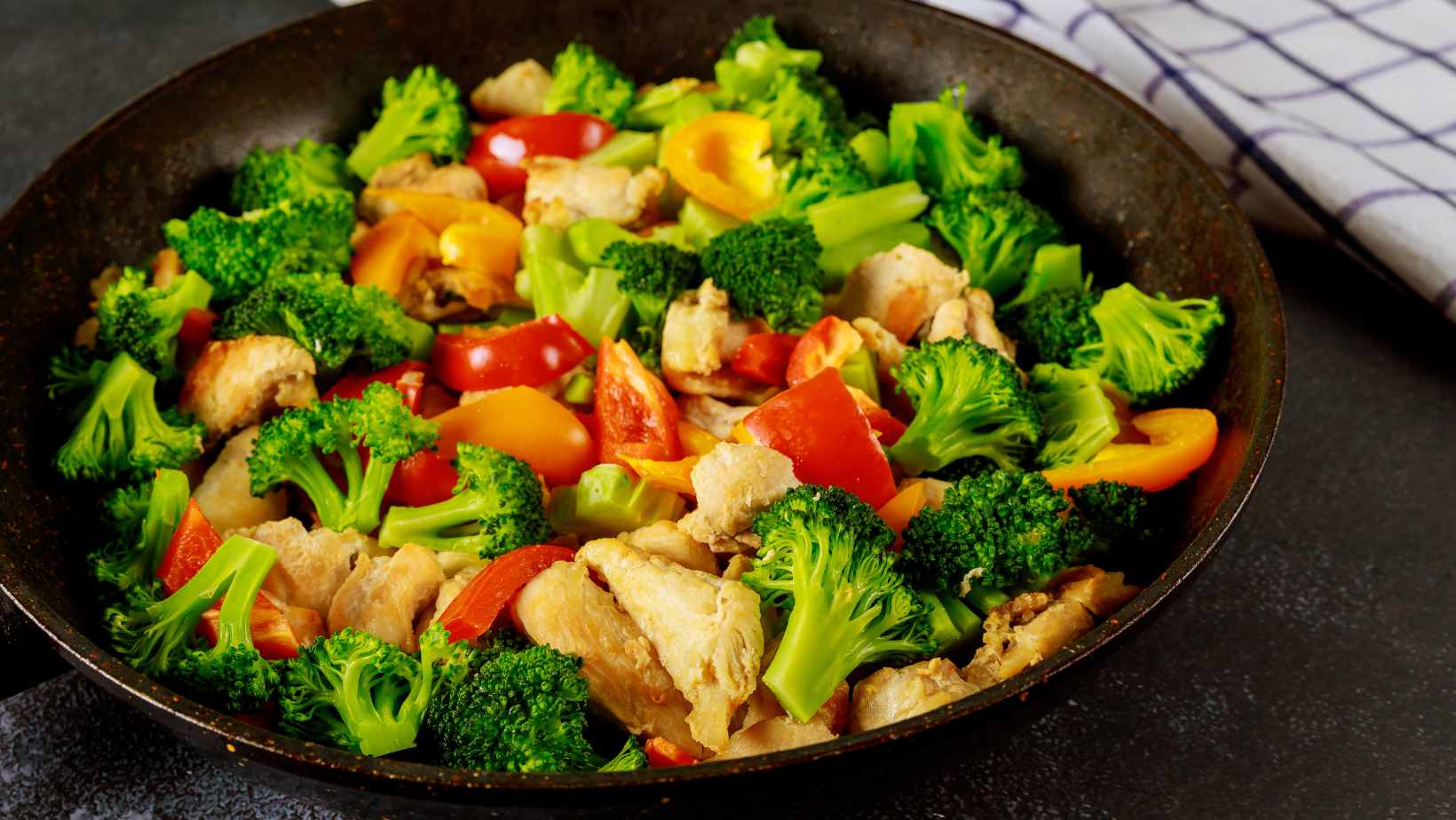
As we age, our bodies go through various changes, including a slower metabolism and decreased muscle mass. This can make it more challenging to maintain a healthy weight and overall well-being. That’s where the ketogenic diet, or keto for short, comes into play. Keto has gained popularity in recent years for its potential benefits in weight loss and improving metabolic health. But is keto suitable for individuals over 50? Let’s explore the topic of “keto for over 50” to find out.
The ketogenic diet is a low-carb, high-fat eating plan that aims to shift your body into a state of ketosis. In this state, your body primarily burns fat for fuel instead of carbohydrates. By drastically reducing carbohydrate intake and increasing fat consumption, keto may help you shed excess pounds and improve insulin sensitivity.
Keto For Over 50
The Benefits of the Keto Diet for People Over 50
When it comes to maintaining a healthy lifestyle, the keto diet has gained popularity among people of all ages, including those over 50. This low-carb, high-fat diet can offer numerous benefits for older adults looking to improve their overall well-being. Here are some key advantages:
- Weight Loss: As we age, losing weight becomes more challenging due to hormonal changes and a slower metabolism. The keto diet encourages the body to burn fat as its primary fuel source instead of relying on carbohydrates. By reducing carb intake and increasing healthy fats, individuals may experience more effective weight loss.
- Increased Energy Levels: Many people report feeling more energized on the keto diet. By eliminating processed sugars and refined carbs that cause energy crashes, your body becomes better equipped to utilize fat stores for sustained energy throughout the day.
- Enhanced Cognitive Function: Studies have shown that ketones produced during ketosis can provide neuroprotective benefits and potentially improve cognitive function in older adults. Following a keto diet may contribute to sharper focus, improved memory, and reduced risk of age-related cognitive decline.
Tips for Successfully Following the Keto Diet as an Older Adult
While the keto diet offers promising benefits for people over 50, it’s important to approach it with caution and make necessary adjustments to ensure success. Consider these tips when incorporating the keto lifestyle into your routine:
- Consult Your Healthcare Provider: Before starting any new dietary plan, especially if you have underlying health conditions or take medications regularly, it’s crucial to consult with your healthcare provider or a registered dietitian who can provide personalized guidance based on your specific needs.
- Focus on Nutrient-Dense Foods: To meet your nutritional requirements while following a ketogenic eating pattern, prioritize nutrient-dense foods such as leafy greens, non-starchy vegetables, healthy fats (like avocados and olive oil), and high-quality protein sources. These will help support overall health and provide essential vitamins and minerals.
- Stay Hydrated: Adequate hydration is crucial for overall well-being, especially when following a keto diet. Drinking enough water helps maintain electrolyte balance, supports digestion, and promotes satiety. Consider adding electrolyte-rich beverages or incorporating bone broth into your routine to replenish essential nutrients.
Essential Foods for a Keto Diet
Let’s dive into the world of keto and explore some essential foods that can support your ketogenic journey. These foods are not only delicious but also packed with nutrients that align perfectly with the principles of a keto diet.
- Healthy Fats: Incorporating healthy fats is key to maintaining ketosis. Some examples include:
- Avocado: Rich in monounsaturated fats, avocados provide a creamy texture and are perfect for adding to salads or enjoying as guacamole.
- Coconut oil: This versatile oil contains medium-chain triglycerides (MCTs), which are quickly converted into energy by the body.
- Olive oil: Known for its heart-healthy benefits, extra virgin olive oil adds flavor and richness to various dishes.
- High-Quality Proteins: While the focus of a keto diet is on fats, it’s important to include moderate amounts of high-quality proteins. Opt for:
- Grass-fed beef: It’s higher in omega-3 fatty acids and conjugated linoleic acid (CLA) compared to conventionally raised beef.
- Organic poultry: Chicken and turkey offer lean sources of protein without added hormones or antibiotics.
- Fatty fish: Salmon, mackerel, and sardines are excellent sources of omega-3 fatty acids while providing essential nutrients like vitamin D.
- Low-Carb Vegetables: Non-starchy vegetables not only provide fiber but also contribute vital vitamins and minerals. Include:
- Leafy greens: Spinach, kale, and lettuce varieties are low in carbs and rich in antioxidants like vitamin C.
- Cruciferous vegetables: Broccoli, cauliflower, Brussels sprouts contain valuable nutrients while being low in carbs.
- Zucchini and asparagus: These versatile veggies can be roasted or sautéed as side dishes or incorporated into main courses.
Remember to prioritize whole foods that are minimally processed to maximize the nutritional benefits of your keto diet. Experiment with different combinations of these essential foods to create delicious meals that keep you feeling satisfied on your keto journey.

